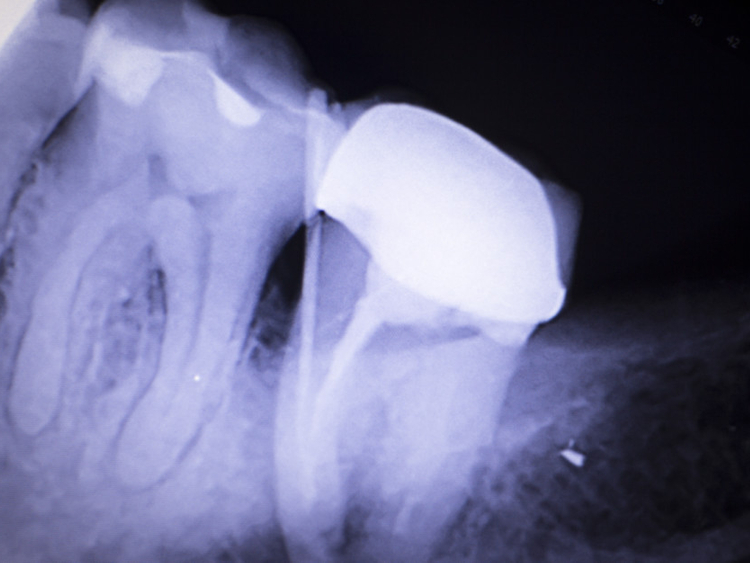
Abu Dhabi: A 22-year-old Egyptian man was saved from impending death when surgeons successfully replaced four infected valves in his heart in one of the world’s rarest surgeries.
All four of the patient’s valves had become infected after he suffered from a tooth infection last December, which spread to his heart through his bloodstream.
The man is now recovering well after the surgery, which has been performed on fewer than 20 patients worldwide, at Cleveland Clinic Abu Dhabi, the clinic announced in a statement on Wednesday.
“This kind of infection in a heart valve that a patient is born with, especially in a patient who is otherwise well, is extraordinarily rare and I have not seen it before. When brought to us, the patient was suffering from multi-organ failure and was facing impending death, so surgery was necessary to save his life,” Dr Rakesh Suri, chief executive officer and chief of thoracic and cardiovascular surgery at Cleveland Clinic Abu Dhabi, told Gulf News.
Infective endocarditis
The infection, known as infective endocarditis, is usually caused when bacteria enters a patient’s bloodstream from an infection in another site or organ, and attaches to the heart valves. The heart valves, two on each side of the heart, keep blood moving through the heart in the right direction.
Though rare, valve infections can be caused by something as simple as getting the teeth cleaned in patients who have a predisposition for valve disease, or a family history of heart valve concerns, Dr Suri explained. Symptoms include chest pain, shortness of breath, dizziness, high fever, cough and extreme fatigue.
In this case, the patient became sick in December after having an infected tooth removed. His condition quickly deteriorated and doctors in Dubai diagnosed him with pneumonia. However, the infection rapidly spread throughout his body, attaching itself to all four heart valves and severely damaging them.
In January, he was transferred to Cleveland Clinic Abu Dhabi, where a multidisciplinary team decided to proceed with the surgery despite the low survival rate.
“During the four-hour open-heart surgery, the patient was placed on a heart-lung bypass machine and his heart was stopped for only 70 minutes. We began with the valves on the left side of the heart, quickly removing and replacing them with the tissue valves, before moving to the valves on the right side,” Dr Gurjyot Bajwa, a staff physician in cardiac surgery at the hospital.
The patient was hospitalised for 10 days afterwards to allow his organs to recover from the ordeal, but doctors at the hospital said he is now doing well. Dr Suri added that he may eventually need to have the valves replaced, but that this is less risky and can often be performed without an open-heart procedure.
He also recommended that residents with a family history of heart valve disease see a specialist cardiologist to ascertain if they also have a predisposition for valve disease, or a heart murmur.
“Once this risk is known, doctors performing other treatments will know to prescribe a course of antibiotics to prevent infections from spreading to the heart,” Dr Suri said.













